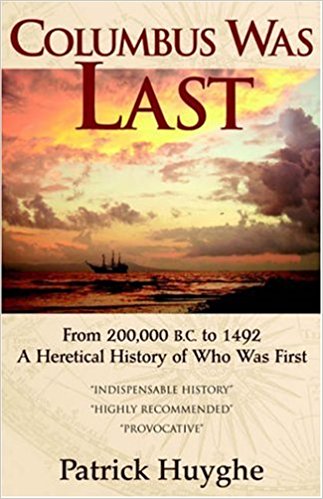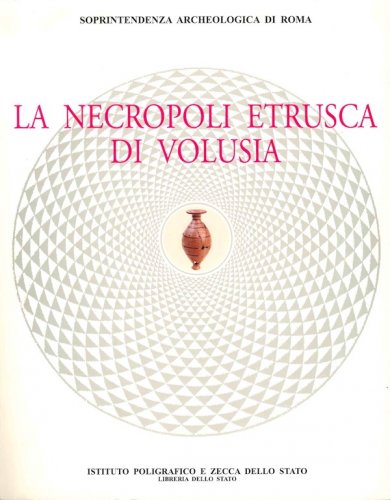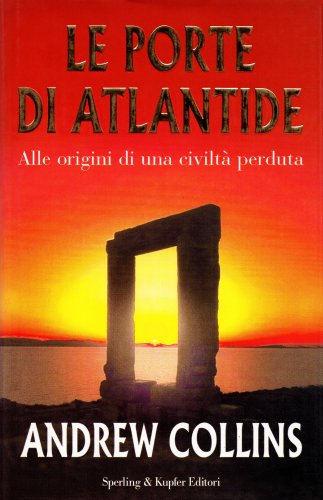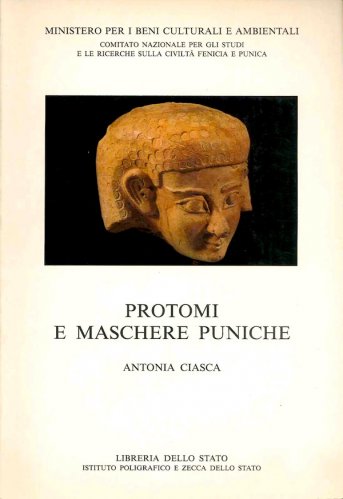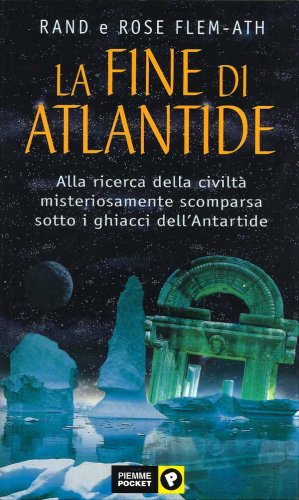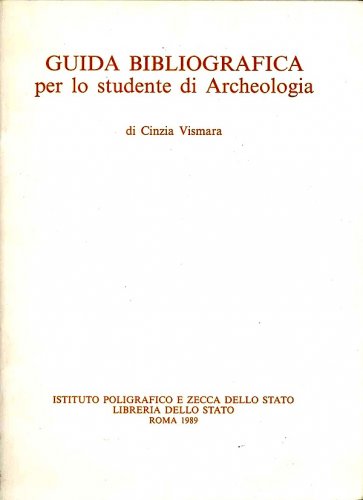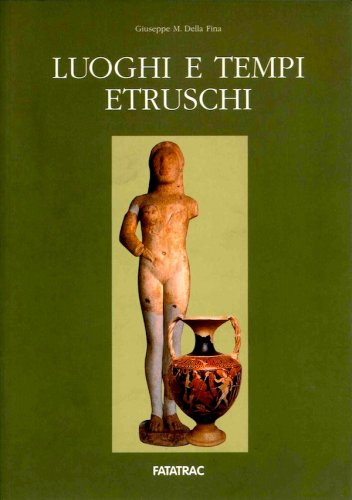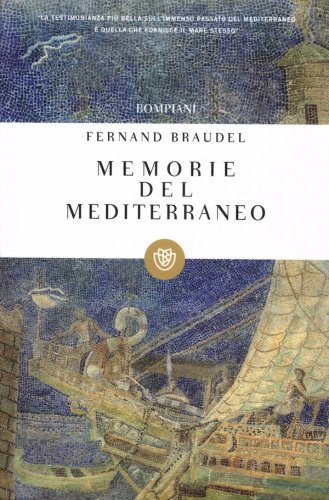Columbus was last
from 200,000 BC to 1492, a heretical history of who was first
Columbus was last
from 200,000 BC to 1492, a heretical history of who was first
- Disponibile in 7 giorni
- Possibilità di reso entro 10 giorni lavorativi
- Transazione sicura con carta di credito, Paypal o bonifico bancario
- Spedizione tracciata con SDA
In this provocative examination of the popular misconceptions of history, Patrick Huyghe takes the reader on a voyage of discovery through the substantial body of evidence that places Christopher Columbus last in a long and diverse line of explorers. What better time than the quincentennial anniversary of Columbus's arrival on this continent to take a closer look, without prejudice or prior assumptions, at the story of the discovery of America? In this engrossing narrative, the assembled research of archeologists, geographers, geologists, oceanographers, linguists, folklorists, ethnobotanists, and other scholars is used to paint a far more complex canvas than the one most of us were shown in our schooldays. As we travel back through history with Huyghe, the simplistic legend that Columbus was the first to land on these shores is quickly and convincingly dispelled. Huyghe presents a broadened perspective of continuous waves of migration from the Pacific, the Bering Strait, and the Atlantic as he follows the trails of the ancestors of the five hundred tribes living here when Columbus arrived. We learn of early man living in the Lake Manix Basin of California as early as two hundred thousand years ago and of numerous archeological sites yielding evidence of settlements thirty to forty thousand years ago in the southwest and Canada; we also learn about the different theories that illuminate why native Americans' physiognomies reflect Asian, African, and European ancestry. With settlements having been established by the Chinese, Japanese, Polynesians, Phoenicians, Romans, Celts, Libyans, Jews, and Hindi, the Americas had become a melting pot of cultures long before the illustrious Italiannavigator brought his three ships up through the Caribbean. After reading Columbus Was Last, the notion that America was isolated from the time the first people settled here tens of thousands of years ago until Columbus set foot on this continent will indeed sound far-fetched.

